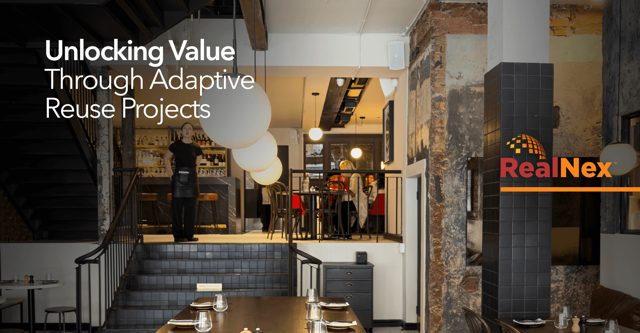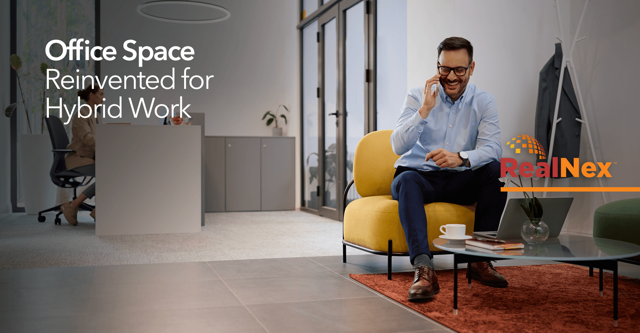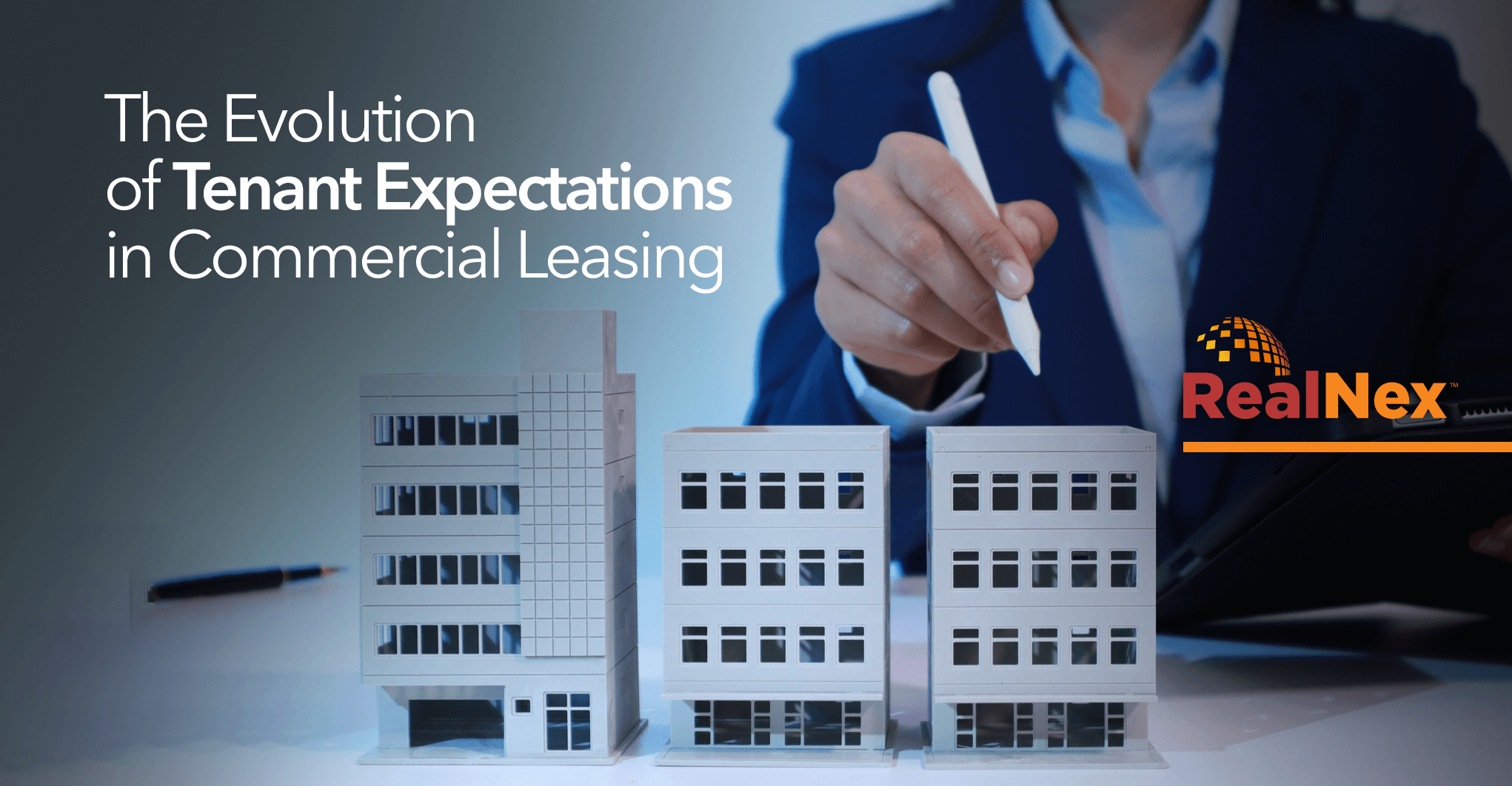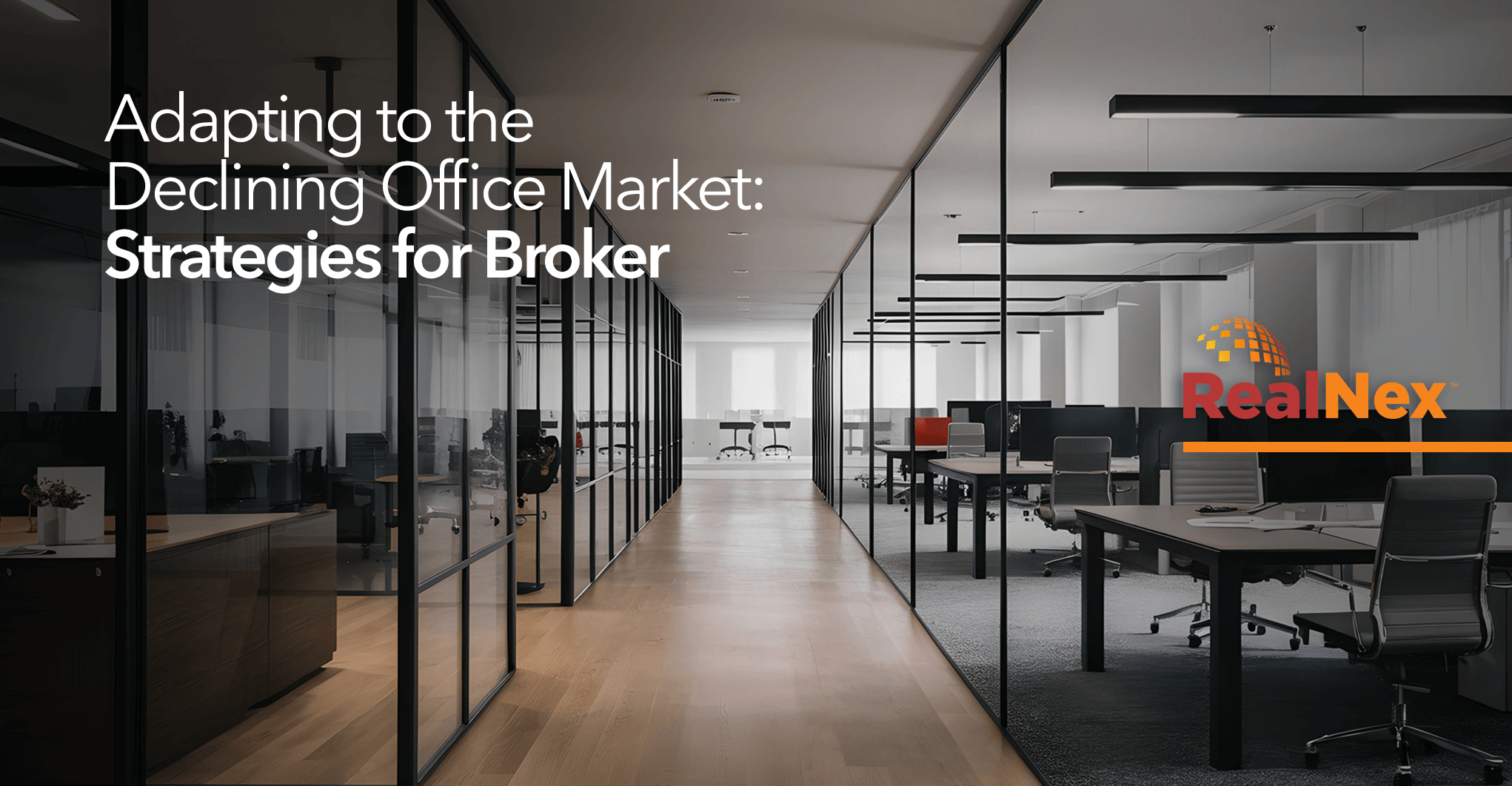As the commercial real estate industry continues to evolve, adaptive reuse has emerged as one of the most effective strategies for unlocking value in underutilized or underperforming assets. Across the country, developers and investors are transforming vacant office towers and obsolete industrial facilities into thriving multifamily, healthcare, and mixed-use properties.
What was once viewed as a niche approach is now becoming a cornerstone of modern real estate investment. Adaptive reuse not only serves to breathe new life into existing structures but also addresses much broader market needs: a shortage of affordable housing, shifting retail patterns, and the demand for sustainable development.
The Drivers Behind Adaptive Reuse
A number of key factors are behind the rise in adaptive reuse projects:
- Vacant Office Inventory: With hybrid work reducing office demand, millions of square feet in central business districts sit underused. Converting offices into residential or mixed-use developments is helping cities revitalize tired downtown areas.
- E-commerce and Retail Shifts: As brick-and-mortar retail continues to consolidate and downsize, obsolete shopping centers are being repurposed into logistics hubs or medical complexes.
- Sustainability Goals: Reusing existing structures helps to reduce carbon emissions and waste commonly associated with demolition and new construction, aligning with ESG objectives and goals that many investors now prioritize.
- Zoning Flexibility and Incentives: Many areas are easing strict zoning restrictions and even offering tax incentives to help encourage redevelopment, particularly in urban locations where new construction is costly or limited by available land.
Challenges of Adaptive Reuse
Despite its appeal, adaptive reuse isn’t without its challenges. Each project comes with its own unique hurdles that must be taken into consideration, such as:
- Complex Building Codes: Older properties can often require extensive site-wide upgrades to meet current safety and accessibility standards.
- High Upfront Costs: While reuse can save on materials, retrofitting old or outdated systems can be expensive and difficult.
- Financing Difficulties: Lenders may view conversions as higher-risk, which may require creative financing or public-private partnerships.
- Zoning and Community Pushback: Rezoning approvals can take time, and community concerns around density or traffic can often stall progress.
Yet, for those willing to take on these challenges, the long-term rewards—steady income streams, community revitalization, and environmental benefits—are significant.
Where Brokers Fit In
Adaptive reuse presents a tremendous opportunity for brokers who can identify viable conversion candidates and connect the right partners. Brokers can:
- Spot Opportunity: Look for aging buildings in prime locations—especially assets with strong structural bones, good access, and local redevelopment incentives.
- Advise on Market Demand: Use data analytics to assess what’s missing in the submarket—whether that’s housing, medical space, or logistics facilities.
- Connect Stakeholders: Facilitate collaboration between developers, city officials, lenders, and investors to ensure projects move forward efficiently.
- Position the Vision: When marketing an adaptive reuse property, sell the potential—what it can become, not what it is today.
Platforms like RealNex empower brokers to research markets, analyze property data, and manage investor relationships all in one place—making it easier to uncover and act on adaptive reuse opportunities before they hit the mainstream.
A Strategy for the Future
Adaptive reuse represents the best of both worlds: financial upside and social impact. It’s a strategy that responds to economic realities while supporting sustainability and community growth.
As cities continue to reinvent themselves post-pandemic, the ability to reimagine and reposition assets will be one of the most valuable skills in commercial real estate.
For brokers and investors alike, the message is clear: the future isn’t just about building new—it’s about building smarter.
RealNex is a CRM tool that can be used by commercial real estate professionals to work more efficiently and improve their productivity. At RealNex, we offer an incredibly powerful, yet amazingly simple, end-to-end solution. To learn more about RealNex and see samples of the products that we offer, visit our website. When you are ready to experience the RealNex difference for yourself, schedule a demo or contact us today — we’d love to talk with you!











